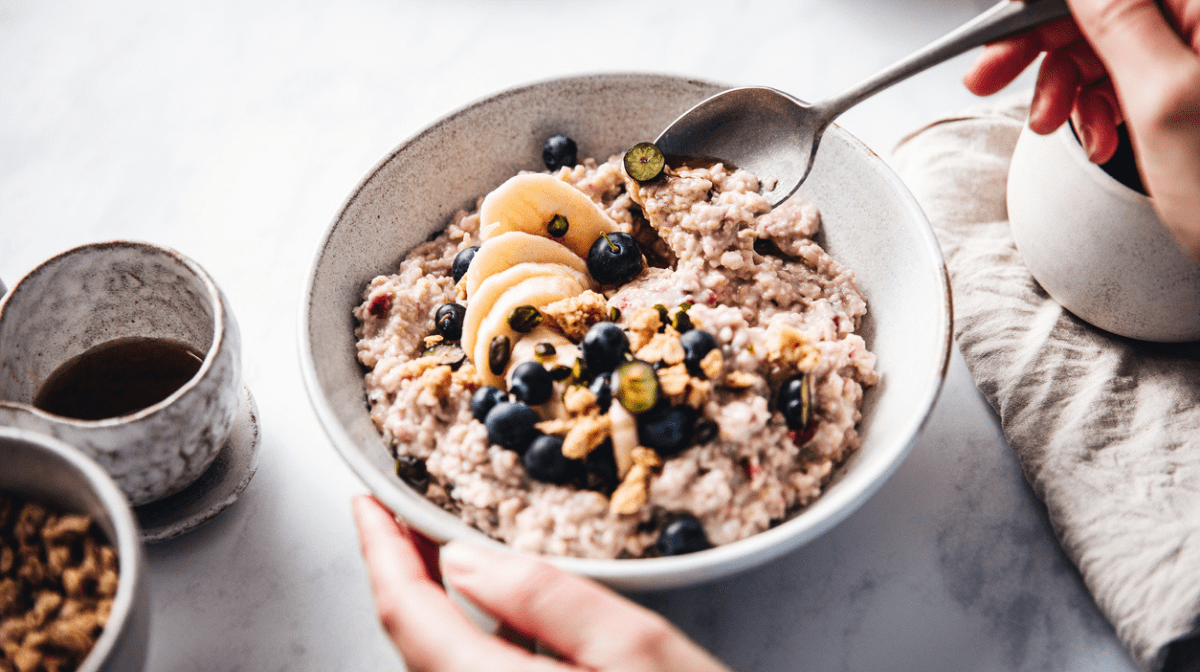Omega-3 is an important nutrient responsible for the healthy maintenance of systems and organs throughout the body.However, a2016studyrevealed that in UK, the population had low levels of two types of omega-3: eicosapentaenoic acid (EHA) and docosahexaenoic acid (DHA). However, did you know these fatty acids include many health benefits? Carry on reading to discover all the health benefits ofomega-3.
What is Omega-3?
Omega-3 is a polyunsaturated fatty acidthatispresent in all cell membraneswithin the body.They are needed in hormone production as well as systems like cardiovascular and skeletal.
Why is Omega-3 Good For You?
There are many benefits of taking omega-3. From prevention of cardiovascular disease to increased cognitive performance, it is important for several bodily functions.
The Benefits of Omega-3
1. Helps maintain heart health: There are studies that suggest the intake of omega-3 could help reduce cardiovascular disease. It is also thought that omega-3 helps to prevent blood clots by maintaining a healthy blood pressure.
2. Helps maintain cognitive function: You may have heard oily fish be regarded as ‘brain food’. This is because the omage-3 fatty acids helps increase cognitive performance as it works to improve better communication between brain neurotransmitters.
This suggests that there may be positive correlations between omega-3 intake and the reduction in the risk of developing Alzheimer’s disease.
3. Aid in bone and joint movement: Fish oil could help to reduce joint tenderness. This is because the presence of omega-3 in the synovial fluid – the liquid that surrounds the joints – aids in movement due the anti-inflammation properties of the fatty acid.
For this reason, omega-3 also has benefits for those with osteoarthritis. Recent studies highlighted that omega-3 may aid in the maintenance of bone health. This is because the essential fatty acids help to avoid build up of calcium in the body (which is related to other diseases), which, in turn, is needed for healthy bones.
4. Aids in the prevention of vision loss:Omega-3 is present in all cell membranes in the body, including the eyes. Therefore, one of thebenefits of omega-3 is its contribution towards healthyeye function -especially at the retina as there is a high concentration of omega-3 here.Moreover, omega-3 has also been thought to slow down progressive vision loss.
5. Helps with sleep: Melatonin is a hormone produced to help you sleep. It is thought that including omega-3 in your diet could increase the production of this hormone, and - in turn - have positive effects on sleep quality.
So, if you struggle sleeping through the night, you may benefit from adding an omega-3 supplement to your daily routine.
6. Needed for optimal skin, hair and nail health: Studies explore the idea that omega-3 consumption can help to help to alleviate certain skin conditions, such as acne, eczema and psoriasis.
For more information on its benefits to skin health, check out our blog on the topic:
7. ForMenstruation: There are benefits of omega-3 for women’s health across a lifetime. Firstly, one study showed that adequate intake of the fatty acid could help to ease menstrual pains felt in the lower abdomen, pelvis, inner thighs and back. Women who took omega-3 through the study tended to have less discomfort in these areas, both before and during their period.
8. For Prenatal Support: Omega-3 is also important whilst pregnant, especially during the third trimester. The essential fatty acid is crucial for the baby’s brain and eye growth at this stage. Omega-3 fatty acids may also play a role in determining the length of gestation and in preventing perinatal depression.
How Much Omega-3 to Take Per Day?
The National Institutes of Health recommended daily intake of omega-3 is 1.1-1.6 grams. To guarantee your intake of a healthy amount of omega-3, make sure to consume foods or supplements high in the fatty acid.
Omega-3 Foods
Not all fish are considered ‘oily fish’, as their omega-3 content isn’t as high other varieties of fish. Some of the best fish sources of omega-3 include:
- Salmon
- Mackerel
- Herring
- Oysters
- Sardines
- Anchovies
- Caviar
- Tuna
However, if you are following a vegan or vegetarian diet, have an allergy or simply don’t like the taste, fish may not be on the menu. Luckily, there are other foods that are also high in omega-3, such as:
- Flaxseeds
- Chia seeds
- Walnuts
- Soyabeans
- Edamame
- Kidney beans
Omega-3 Supplements
One of the main benefits of taking omega-3 supplements is that they are a great way to increase the amount in your diet without changing your food habits. Taking a capsule can easily become part of your daily routine, although these should be taken as part of a healthy and balanced diet.
Our Dr Formulated Omega-3 Softgels are an anchovy-based supplement that provide 1.29 grams of omega-3 per serving. For more information on the Omega-3 supplements available at Garden of Life, learn more on our blog:

4 Brain-Boosting Breakfast Ideas
Kickstart your day with these brain-boosting breakfast recipe ideas.








